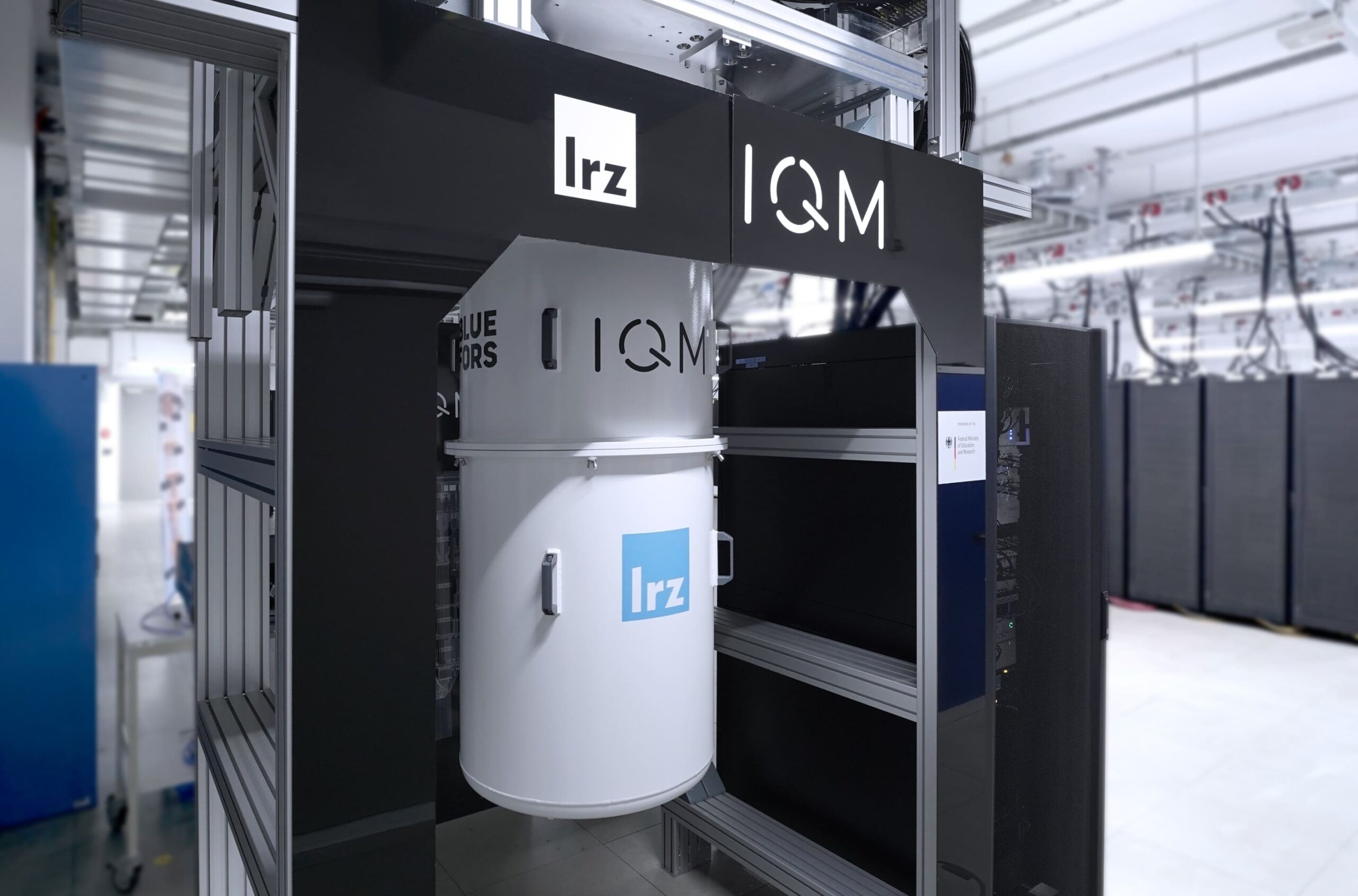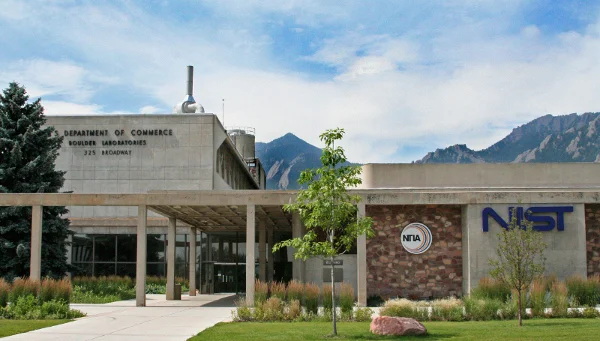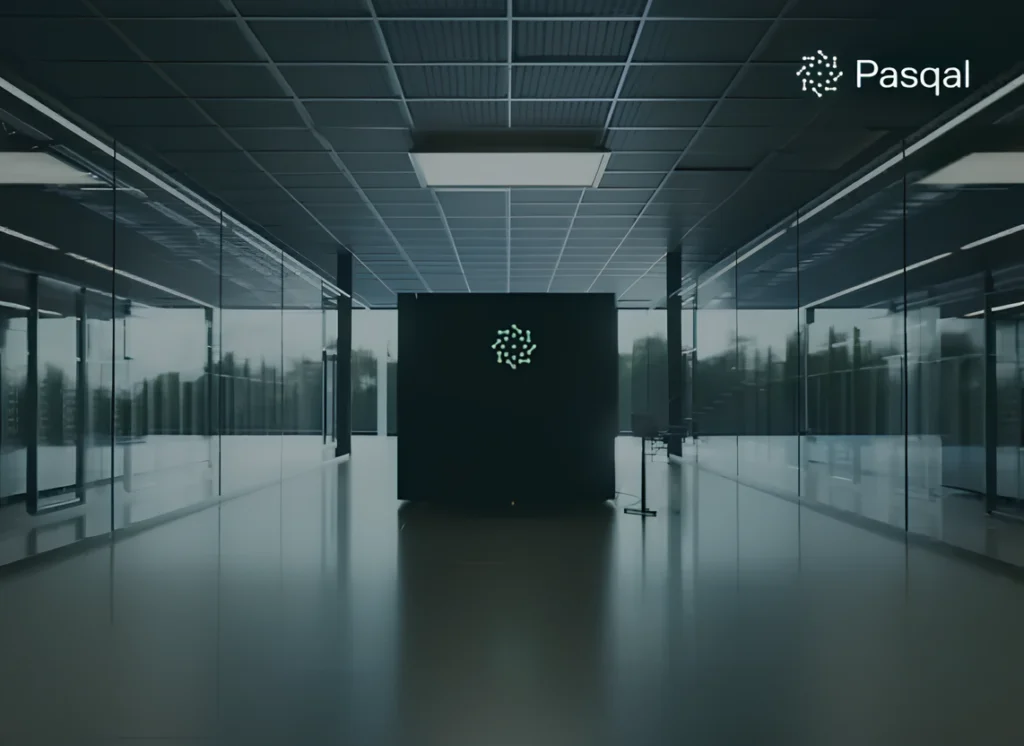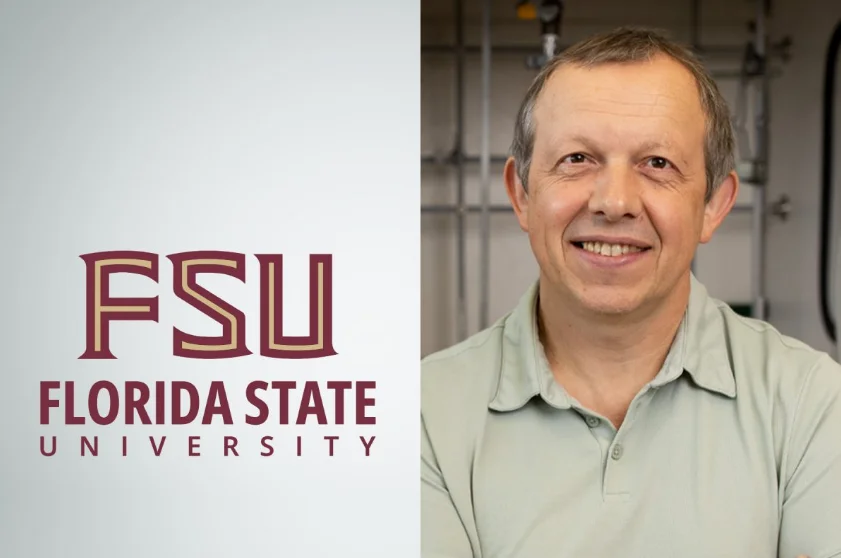Insider Brief
- A 20-qubit quantum computer has been integrated into a supercomputer, SuperMUC-NG in Germany.
- The installation was part of a collaboration with the Leibniz Supercomputing Centre (LRZ) of the Bavarian Academy of Sciences and Humanities, the Q-Exa consortium, led by IQM Quantum Computers (IQM).
- The IQM quantum processor unit, based on superconducting circuits, has been combined with conventional computer technology to create the new system.
PRESS RELEASE — In collaboration with the Leibniz Supercomputing Centre (LRZ) of the Bavarian Academy of Sciences and Humanities, the Q-Exa consortium, led by IQM Quantum Computers (IQM), a global leader in building quantum computers, and including Eviden and HQS Quantum Simulation, has integrated a 20-qubit quantum computer into a supercomputer, SuperMUC-NG in Germany.
The 20-qubit quantum processor unit from IQM, based on superconducting circuits, has been combined with conventional computer technology. Connected to each other, SuperMUC-NG and the quantum system are already exchanging orders on a trial basis, proving that the two technologies can work together and be linked even more closely. The hybrid system is now being prepared for everyday operation at the LRZ, and selected researchers will soon be able to access and experiment with it.
Since 2022, the consortium has been working with LRZ. Q-Exa was not set up in a laboratory but is located for the first time in direct proximity to other high-performance computing systems at the LRZ and can soon be used by researchers via remote access for experiments and to develop algorithms or scientific codes.

Q-Exa is the result of the project “Quantum Computer Extension for Exascale HPC” (Q-Exa), which was funded by the German Federal Ministry of Education and Research (BMBF) with more than 40 million euros. The aim of the project was to connect quantum processing units (QPU) based on superconducting circuits to a supercomputer and to develop interfaces and control tools for this purpose. Through innovative co-design and cooperation between science and industry, science and research should gain access as quickly as possible to a promising future technology that enables new computing methods.
Q-Exa lays the foundations for researching and further developing quantum computing and for accelerating HPC through QPUs. In addition to the hybrid Q-Exa system, specialists at the LRZ and partner institutions of the Munich Quantum Valley also developed the prototype of the Munich Quantum Software Stack (MQSS). This integrates quantum systems into the workflows of supercomputers and is supplemented by other quantum technologies. In addition to the hardware, this program package will soon be available to researchers as an open-source version.
Speaking at a press conference in Munich, Markus Blume, Bavarian State Minister for Science and the Arts, said: “The quantum computing mission is flying at a high pace in Bavaria: the world’s first full integration of a quantum computer into a conventional supercomputer is an international breakthrough and strengthens Bavaria’s position as a global hotspot for one of the defining technologies of the 21st century. The development of the Q-Exa computer is an outstanding success for the Leibniz Supercomputing Centre, IQM, and its partners, as well as our research and technology cooperation Munich Quantum Valley, which has received 300 million euros from the Hightech Agenda Bayern – and yet it is only the beginning: the next milestone will be the opening of the Q-Exa system at the LRZ in a pilot operation for researchers. They will then be able to test and further develop their own application ideas. This will enable the brightest minds in our country to research solutions to problems that are still unthinkable today in a wide range of fields, from medicine and materials science to finance. We are building the future in Bavaria.”
Dr. Jan Goetz, Co-CEO and Co-founder of IQM Quantum Computers, said: “Q-Exa is the first milestone for the integration of quantum computers into high-performance computing. We are very proud of this joint achievement of the Q-Exa consortium, and we hope to be able to further optimise the next generation of our processors with these partners and thus enrich supercomputing and science.”
“We are currently building the future of computing. Q-Exa is a key project for our activities at the LRZ Quantum Integration Center, QIC, and demonstrates the success of co-design. Together with our partners, we have managed to integrate the first quantum computer into our supercomputers in a short timeframe and make it ready for use in science – we are very excited to see how the hybrid system proves itself in everyday work and how we can use it to further develop the future technology of quantum computing,” Prof. Dieter Kranzlmüller, Chairman of the Board of Directors at LRZ.
“Bringing quantum-accelerated supercomputing to researchers as a powerful tool for their work is very satisfying. Q-Exa shows how, in collaboration with strong partners, we can merge a paradigm-shifting technology like quantum into our existing computing infrastructure, so our users get the best of both worlds: pure innovation and the stability, robustness and hard-won advancements in HPC. We’re excited to see the new science and insights Q-Exa will bring,” added Laura Schulz, Head of Quantum Computing and Technologies at LRZ.
“Q-Exa combines two specific strengths of the high-tech location Bavaria – high-performance computing and quantum computing – in Germany’s first hybrid quantum computer. For the research teams of Munich Quantum Valley (MQV) and their industry partners, this important innovation offers unique possibilities for developing novel quantum algorithms and testing promising use cases,” said Prof. Dr. Rudolf Gross, Managing Director, Munich Quantum Valley.















